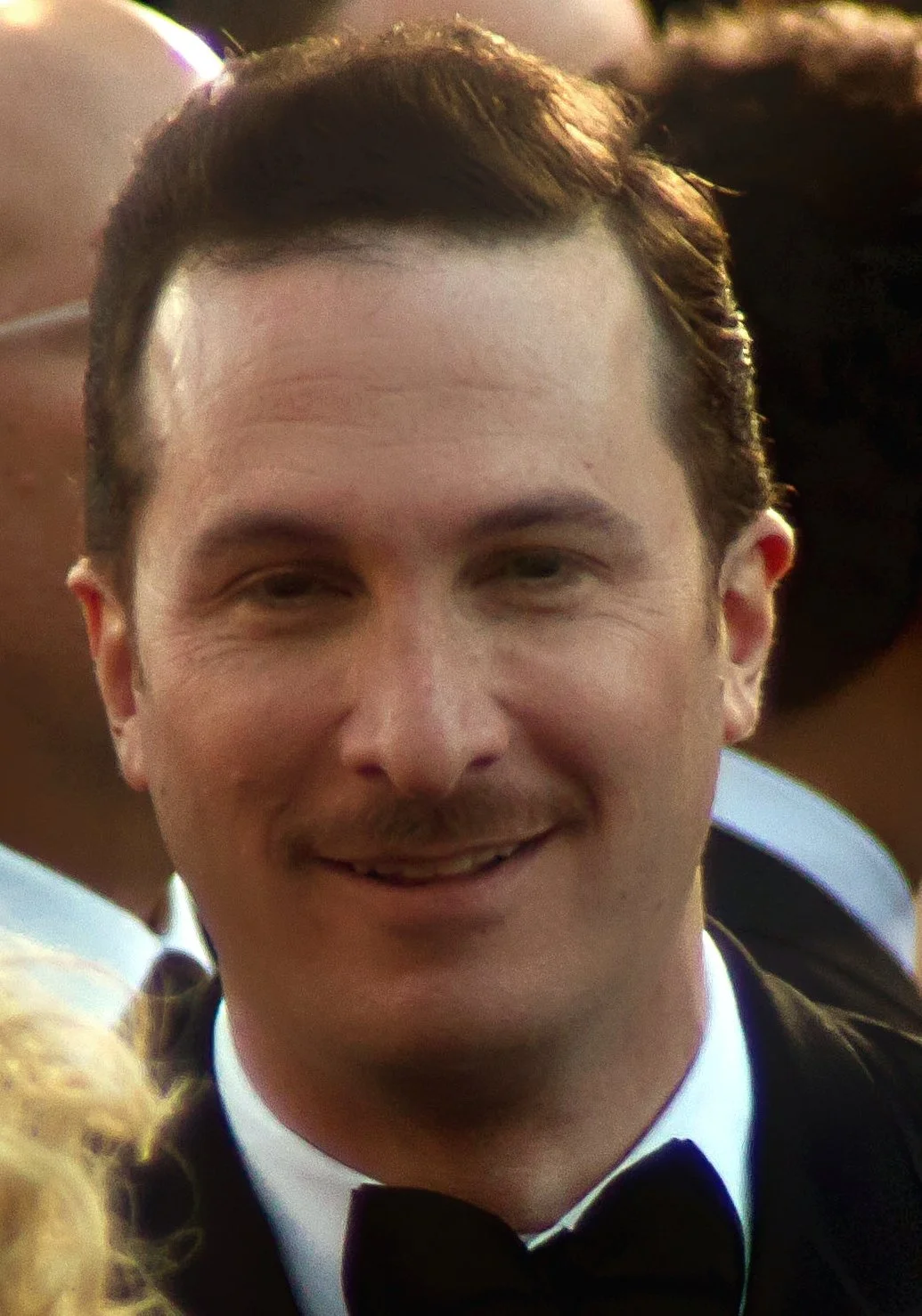Darren Aronofsky Partners with Google DeepMind to Explore AI in Filmmaking
Director Darren Aronofsky collaborates with Google DeepMind through his new studio, Primordial Soup, to integrate AI tools into short films, aiming to blend human storytelling with advanced technology.
David Torcivia, CC BY-SA 3.0 <https://creativecommons.org/licenses/by-sa/3.0>, via Wikimedia Commons
Darren Aronofsky, known for his thought-provoking films like "Requiem for a Dream" and "Black Swan," is venturing into the realm of artificial intelligence with his latest initiative. His newly established production company, Primordial Soup, has partnered with Google DeepMind to explore the integration of AI tools in filmmaking. This collaboration aims to provide filmmakers with access to Google's generative AI technologies, including the text-to-video tool Veo, to create innovative short films.
The first project under this partnership is "Ancestra," directed by Eliza McNitt, which combines live-action footage with AI-generated visuals to depict cosmic events and microscopic worlds. Aronofsky serves as the executive producer for the film, which is set to premiere at the Tribeca Festival next month. The collaboration between Primordial Soup and Google DeepMind reflects a growing interest in the creative potential of AI within the film industry
Aronofsky expressed enthusiasm about the possibilities that AI brings to storytelling, stating that filmmaking has always been driven by technological advancements. He emphasized the importance of exploring new tools to shape the future of storytelling, drawing parallels between current innovations and the pioneering efforts of early film technologists like the Lumière brothers and Thomas Edison.
The partnership also highlights Google's broader strategy to engage with the entertainment industry and demonstrate the practical applications of its AI technologies. By collaborating with established filmmakers, Google aims to showcase how AI can enhance the creative process without replacing human artistry. The company's AI tools are designed to assist in various aspects of filmmaking, from visual effects to scene visualization, offering new avenues for creative expression.
While the integration of AI in filmmaking presents exciting opportunities, it also raises questions about the balance between technology and human creativity. Aronofsky and his team are approaching this collaboration with a focus on maintaining the integrity of storytelling while leveraging AI to expand the boundaries of visual narrative. The outcome of this partnership could set a precedent for future collaborations between tech companies and filmmakers, influencing how stories are told in the digital age.
As "Ancestra" prepares for its debut, the film industry will be watching closely to see how this fusion of AI and traditional filmmaking techniques resonates with audiences and critics alike. The success of this project could pave the way for more widespread adoption of AI tools in cinema, potentially transforming the landscape of film production and storytelling

